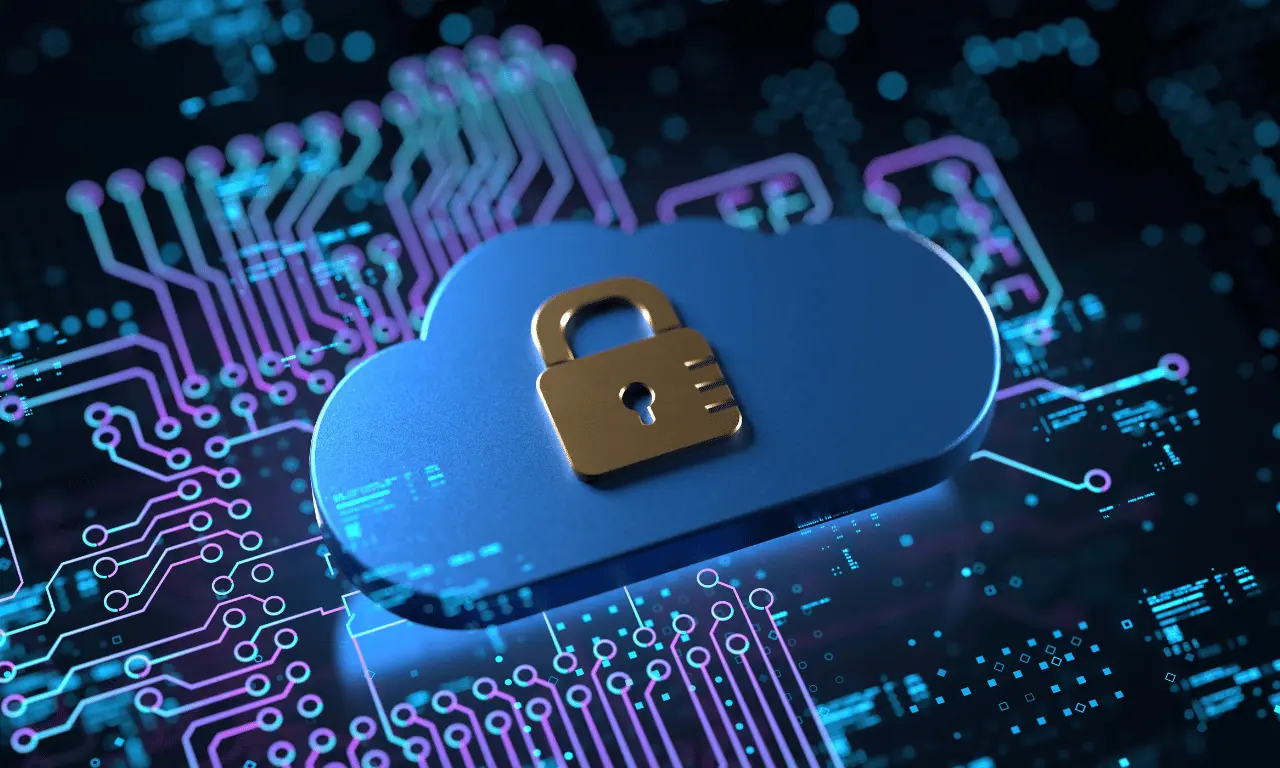With so much of modern business built upon the cloud, cybersecurity has become essential to protect information from theft and prevent malicious attempts at altering online assets. Every organization is eager to take full advantage of the cloud through cloud-related technologies, meaning a proper understanding of cybersecurity in the cloud is almost a necessity for now. For people who are interested in cybersecurity, being familiar with cloud-based security practices is essential.
Companies are Responsible for Data and Transaction Security
In cloud computing, data and transactions are stored and processed at different geographic locations. Organizations have to secure their assets and data in place. Here are a few important factors to consider:
- Data Protection: Secure data and manage its confidentiality, counters against unauthorized infiltration or broken data. For organizations, Application Security as a Service (ASaaS) is an ideal comprehensive data security solution.
- Risk Assessment: On a fixed schedule basis, conduct risk assessments to understand new vulnerabilities and threats so that the organization can be proactive in taking the needed steps to counteract them.
- Regulation and Compliance: With GDPR or Reasonable Security Practices and Procedures, companies will have to act upon data protection and privacy legislations specific to their location.
- Security Architecture: A solid security architecture helps protect your business from cyber threats, keeping your data and transactions confidential, intact, and usable.
- Security Training: Regular training and awareness programs on security for employees foster a culture of security consciousness and help reach a deeper understanding of all participants towards their respective roles in protecting data.
- Incident Response: Ensures an effective and rapid response to security incidents occurs, which minimizes any harm or downtime to the organization.
- Continuous Monitoring: Real-time detection and response during security incidents lead to better overall security hygiene. Better use of monitoring tools and technologies for early security fire detection action-defense.
- Collaboration with Cloud Providers: Enterprises need to establish a working relationship with their vendors as they can provide domain-specific insights and security controls necessary to enforce robust security policies.
Cloud Vendors are Working to Improve Cybersecurity and Make It More Accessible to Businesses
Cloud vendors are perfecting the cybersecurity aspect for improved security and scaling business processes. Given data as a strategic asset in the digital era, these vendors have vetted their cloud-based infrastructure and services. They have solid, top-notch security measures in place, using state-of-the-art encryption and utilizing AI and machine learning capabilities to predict threats before they become malicious.

Furthermore, cloud vendors work with cybersecurity experts – ones that monitor risk trends & offer specific mitigations to match these changes. They are working on designing intuitive and smooth user interfaces, and automated security options with simple-to-flaw exploit mitigations to make security operations more turnkey for enterprises. Prioritizing security and availability allows cloud service providers to provide enterprises with a blanket of confidence that their digital assets are safe in the cloud.
Cloud Computing May Be a Way to Minimize Cyber Threats
In every security scenario, cloud computing provides many advantages designed to increase protective measures against cyber threats. Migrating data and applications to the cloud gives organizations access to far better security infrastructure and skills than they could ever build in-house. Cloud providers spend a big amount of money developing sophisticated security isolation layers with encryption, intrusion detection, and advanced threat intelligence. Moreover, these providers also conduct periodic updates and address vulnerabilities in their security model, allowing organizations to maintain a proper security posture.

Cloud computing makes security dedicated resources more possible due to the scalability and flexibility that cloud services provide. To summarize, companies can use cloud computing for cybersecurity protection which provides the best defense against advanced threats in today’s fast-changing digital world.
Cloud Security with GDPR
Cloud security has always been a hot topic, but with the establishment of GDPR, it has become more complex. GDPR is a comprehensive data protection law that sets rules on how organizations can handle and process the personal data of European Union (EU) citizens. It has stringent data protection rules, particularly for information held and processed in the cloud. Cloud service providers must ensure suitable security measures to protect personal data, as any violations or non-compliance can result in massive fines.
Moreover, GDPR creates an obligation for organizations to be transparent and accountable about their data processing activities, requiring a more secure cloud environment. As a result, businesses are challenged to find trustworthy cloud service providers that guarantee data security and comply with GDPR when it comes to storing and processing personal data in the cloud.
Cloud Security and the Internet of Things (IoT)
The proliferation of IoT devices has a huge impact on cloud security:
- Increased Attack Surface: IoT devices create more potential entry points for cyber attacks, increasing the overall attack surface for cloud infrastructure.
- IoT Device Vulnerabilities: Many IoT devices lack strong security features, making them easy targets for exploitation, potentially serving as gateways to breach cloud systems.
- Data Privacy Risks: IoT generates massive amounts of data, and ensuring the privacy and protection of this data when transmitted and stored in the cloud is a critical challenge.
- DDoS Attacks: IoT botnets can launch large-scale attacks on cloud infrastructure, overwhelming servers and disrupting services.
- Authentication and Access Control Complexities: Managing authentication, access control, and identity verification for large numbers of IoT devices connecting to cloud services puts great challenges.
- Integration Complexity: Connecting different IoT devices to cloud services involves many settings by which it can be secured against unwanted access.
- Regulatory Compliance: It also becomes challenging to adhere to the data protection regulations when there is integration of IoT devices in the system since the result data may be restricted by legal standards.
- Real-Time Monitoring and Response: IoT devices’ dynamic nature requires strong approaches to identify security incidents that occur in the cloud environment and eliminate them promptly.
Addressing cloud security requires a good strategy with strong authentication methods, encryption standards, systematic vulnerability tests, and continuous observation of IoT devices and cloud infrastructure.
Conclusion
It’s very important to get the hang of cyber security in the cloud, especially since we’re all leaning more and more on cloud technologies. Remember, it’s a team effort; both you and your cloud provider have roles to play in keeping things secure. Make sure only the right people have the right access, tight controls are crucial to prevent unwanted entry. Moreover, keep an eye on your cloud environment. Regular checks can help catch any oddities or potential breaches early on. The digital world is always changing, so stay up-to-date on the latest threats and best practices. Being informed helps you stay one step ahead.
Discover more from Technical Master - Gadgets Reviews, Guides and Gaming News
Subscribe to get the latest posts sent to your email.








